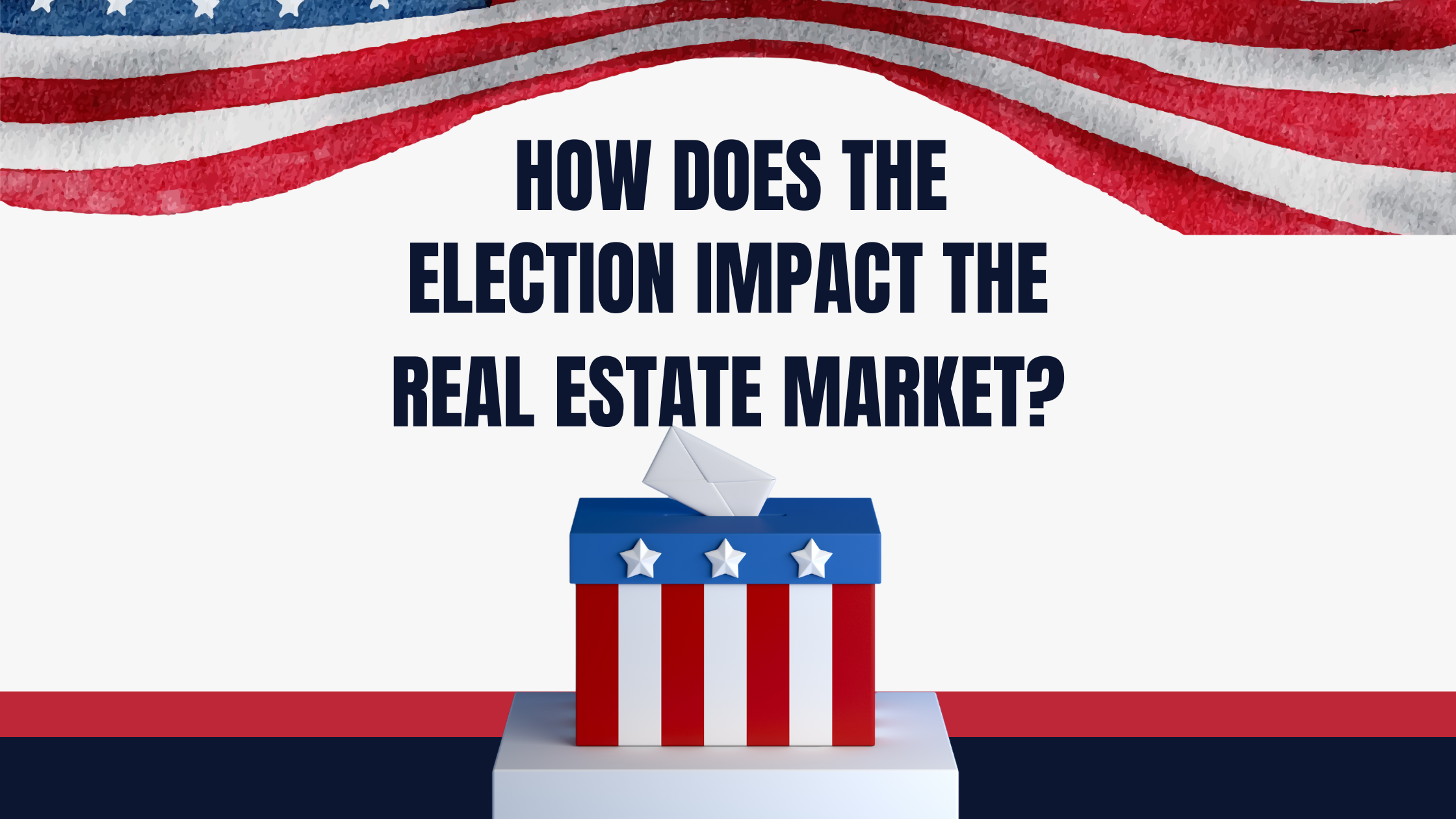In the past few weeks I’ve heard many people mention they think the real estate market has been slow. They are not wrong. While it hasn’t stagnated completely, the market has decelerated considerably with respect to new inventory, motivated buyers, and how quickly the supply is selling. Higher interest rates are a noteworthy factor, but the bigger culprit is the election.
Election Impact: A Recurring Phenomenon
This phenomenon of the election impacting the market is not new; we see this type of dip in activity during this time every four years, and it’s especially pronounced in the weeks immediately preceding the election. Regardless of the candidates running, the issues on the ballot, and the candidates’ positions on those issues, as the election cycle plays out buyers, sellers and investors tend to become cautious due to the uncertainty of the outcome and the potential impact on economic and social policy; this uncertainty is what leads to the slowdown in market activity.
The Post-Election Rebound
History shows that this hesitancy is usually short-lived. After elections, the market tends to rebound, adjusting to the new political landscape irrespective of the election results. If you’re considering selling, this is the time to ensure your property is in top condition—address any outstanding repairs and ensure your pricing strategy aligns with the current market to stand out when activity resumes.For buyers, if the right opportunity hasn’t appeared yet, maintain patience. Ensure your financial affairs are in order, enabling you to act swiftly when you find the ideal property in the post-election market surge.
Emotional Resonance and Market Realities
As the election nears, it’s natural to experience a mix of emotions, reflected in the market dynamics. Remember, we’re in this together, and normalcy will return as it always does following the election cycle.

 Facebook
Facebook
 X
X
 Pinterest
Pinterest
 Copy Link
Copy Link
